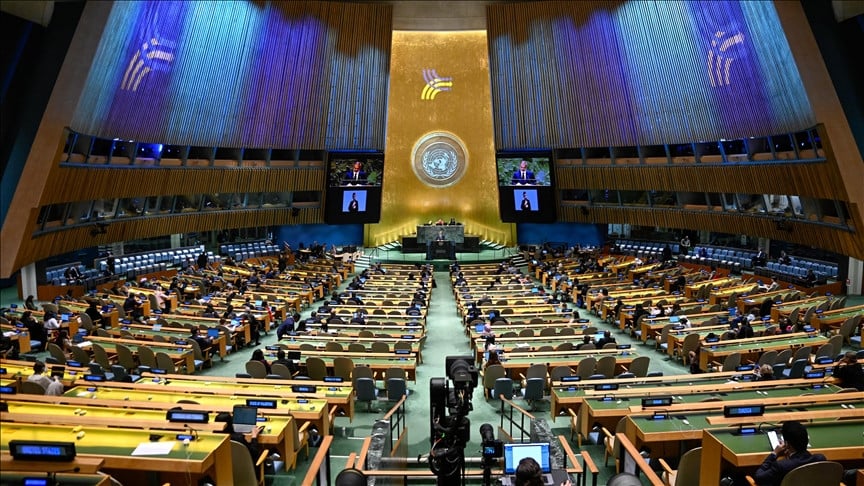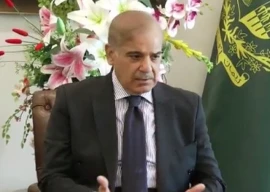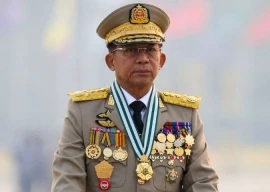
Calls for reform of the international system dominated discussions at the 79th United Nations General Assembly, as world leaders and foreign ministers highlighted the inability of global institutions to effectively address ongoing conflicts, humanitarian crises, and economic challenges.
UN Secretary-General António Guterres set the tone in his opening speech, acknowledging that global inequalities are mirrored in international institutions. He noted that the UN Security Council was designed by the victors of the Second World War, during a time when much of Africa was still under colonial rule. Guterres emphasised the need for African representation on the Council, while recognising that those with political and economic power may resist such changes.
Turkish President Recep Tayyip Erdogan echoed these sentiments, asserting that the UN had become dysfunctional and ineffective in fulfilling its founding mission. He argued that international peace and security were too important to be left in the hands of "five privileged countries," reiterating his long-held view that "the world is bigger than five." Turkish Foreign Minister Hakan Fidan also emphasised this point in his speech at the Summit of the Future.
Brazilian President Lula da Silva stressed the urgency of comprehensive reforms, stating that the current UN Charter fails to address some of humanity's most critical issues. He called for a complete review and revision of the Charter, with particular focus on the General Assembly's structure, working methods, and the veto powers of certain member states.
Indian Prime Minister Narendra Modi highlighted the necessity of reform in global organisations like the UN, stating that humanity’s success lies not in warfare but in collective efforts for global peace. South African President Cyril Ramaphosa criticised the Security Council's current structure as "outdated and exclusionary," calling for the inclusion of African nations and other underrepresented groups in decision-making.
Australian Foreign Minister Penny Wong emphasised that reforms should address the needs of all nations, rather than simply increasing the power of a select few. Similarly, New Zealand's Permanent Representative to the UN, Carolyn Schwalger, underscored the need for Security Council reform.
UN's failure to address conflicts
Several leaders expressed concerns over the UN's inability to effectively manage ongoing conflicts. Jordan’s King Abdullah II warned of a crisis threatening the UN's legitimacy and moral authority. Maldivian President Mohamed Muizzu urged bold action to stop "the genocide war in Gaza" and advocated for full UN membership for Palestine.
Indonesian Foreign Minister Retno Marsudi stressed that one of the strategic objectives of the UN’s Future Summit is to create a “comprehensive world order” and called for more coherent and effective global governance, including reform of the Security Council. Tajik President Emomali Rahmon emphasised that the UN must take more proactive steps to coordinate global efforts to achieve sustainable development.
Serbian President Aleksandar Vucic highlighted the need to rebuild the UN’s credibility, insisting that double standards must end. East Timorese Prime Minister Xanana Gusmao argued for structural reform of the Security Council, describing it as "unrepresentative of today's realities." Italian Prime Minister Giorgia Meloni added that reforms must benefit everyone, not just a select group.
A new global architecture
Calls for reform extended beyond the Security Council to other international institutions. Kyrgyzstan’s President Sadyr Japarov described the Future Summit as a unique opportunity to lay the groundwork for a new global architecture that serves all nations, not just the elite. Iranian President Masoud Pezeshkian called for urgent reforms in the governance of international financial institutions to ensure fair representation for developing countries.
Meanwhile, French President Emmanuel Macron, speaking at a separate event in France, described the current international system as "incomplete and unfair," noting that many populous countries remain underrepresented.
1718122402-0/will-ferrel-(1)1718122402-0-405x300.webp)


1726819153-0/BeFunky-collage-(18)1726819153-0-165x106.webp)


1697447887-0/download-(1)1697447887-0-270x192.webp)










COMMENTS
Comments are moderated and generally will be posted if they are on-topic and not abusive.
For more information, please see our Comments FAQ